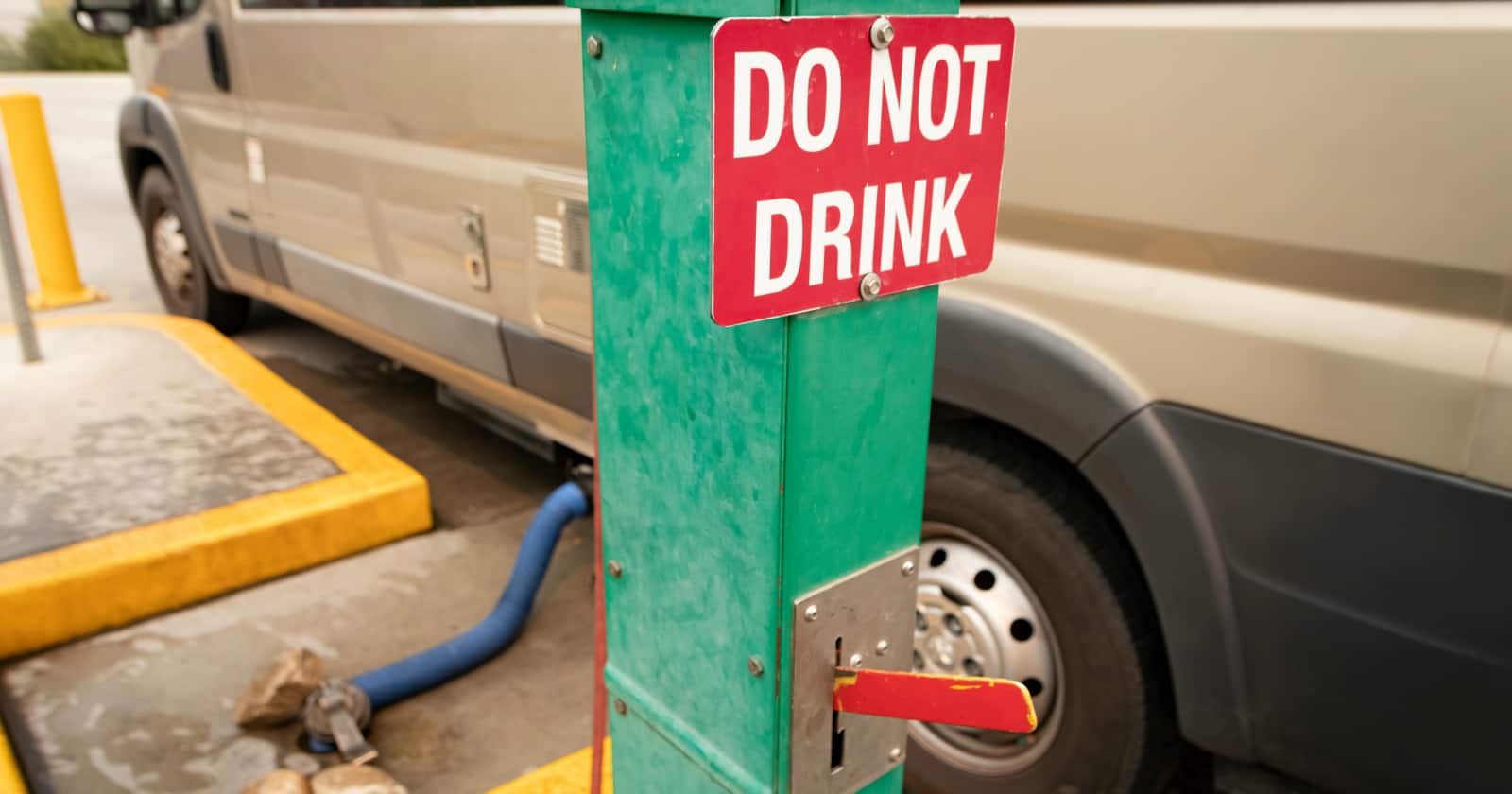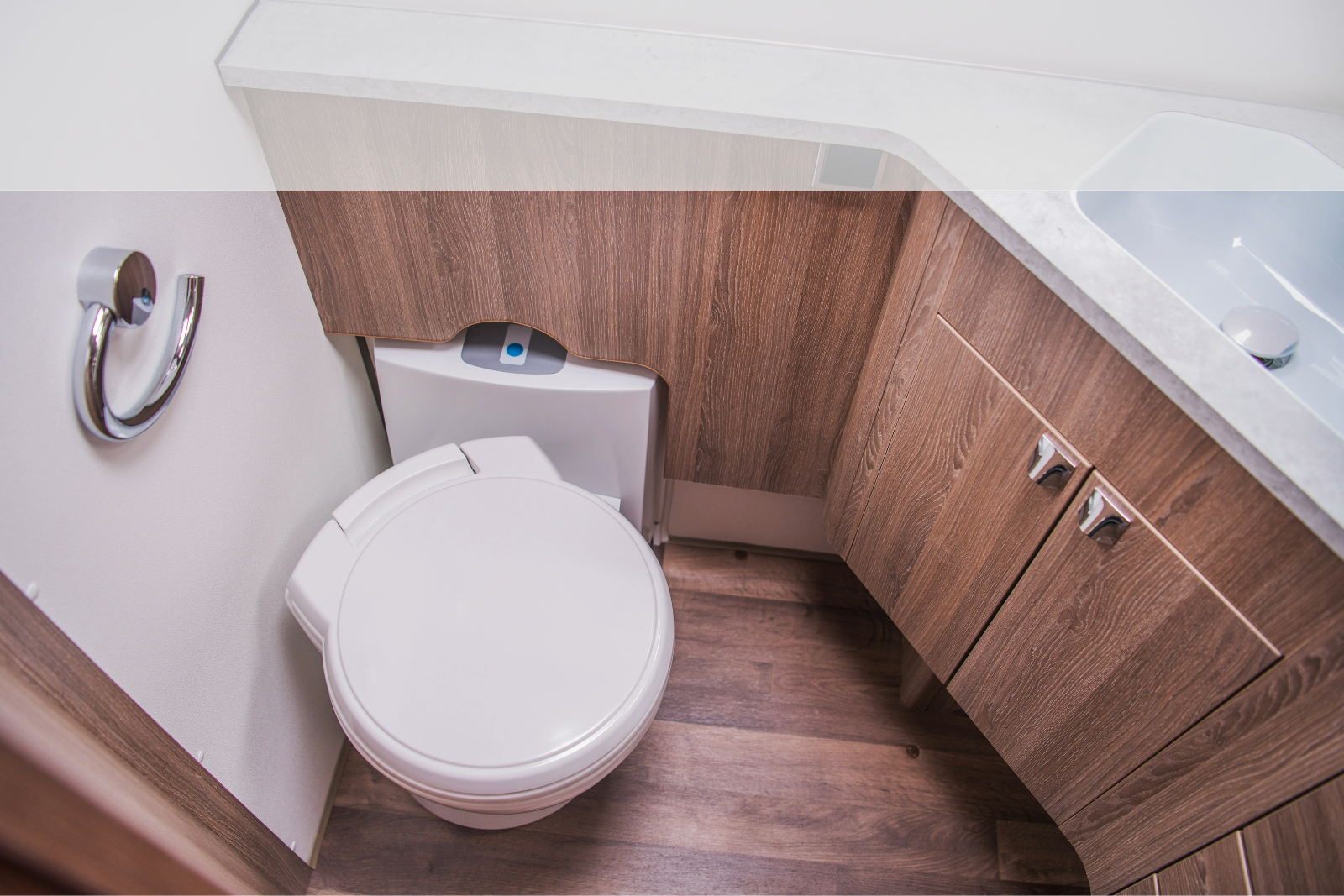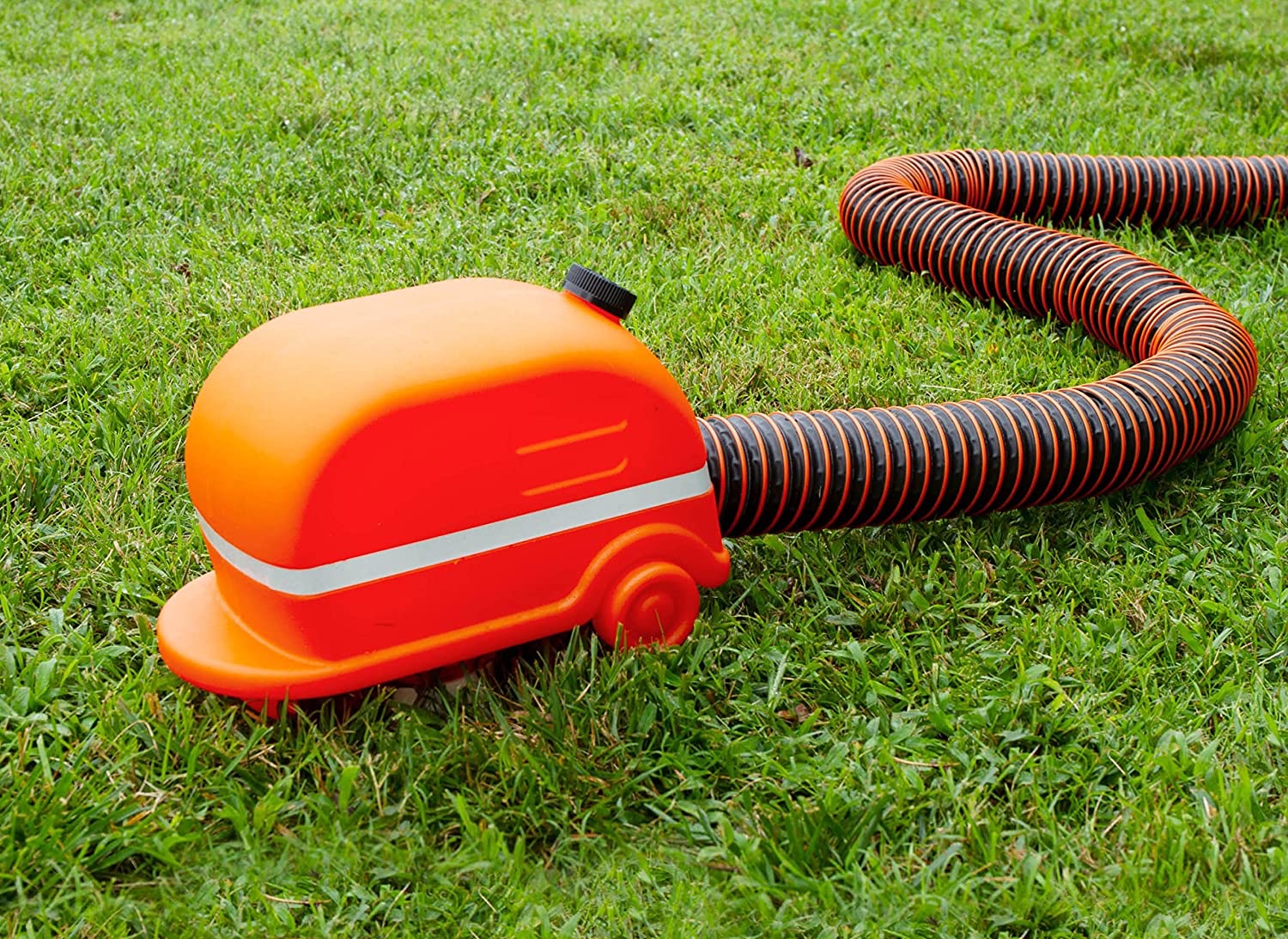Dumping your black and gray tanks is an important part of RV life. After all, you need to be able to shower and use your toilet, and if your tanks are full, there’s nowhere for your wastewater to go. On top of that, driving long distances with full tanks is not a good idea.
Luckily for some RVers, many campsites come equipped with a sewer hookup, meaning these folks can dump without ever leaving their site. However, not all campsites include a sewer hookup, and those who choose boondocking will never have such a hookup. These people must instead seek out dump stations.
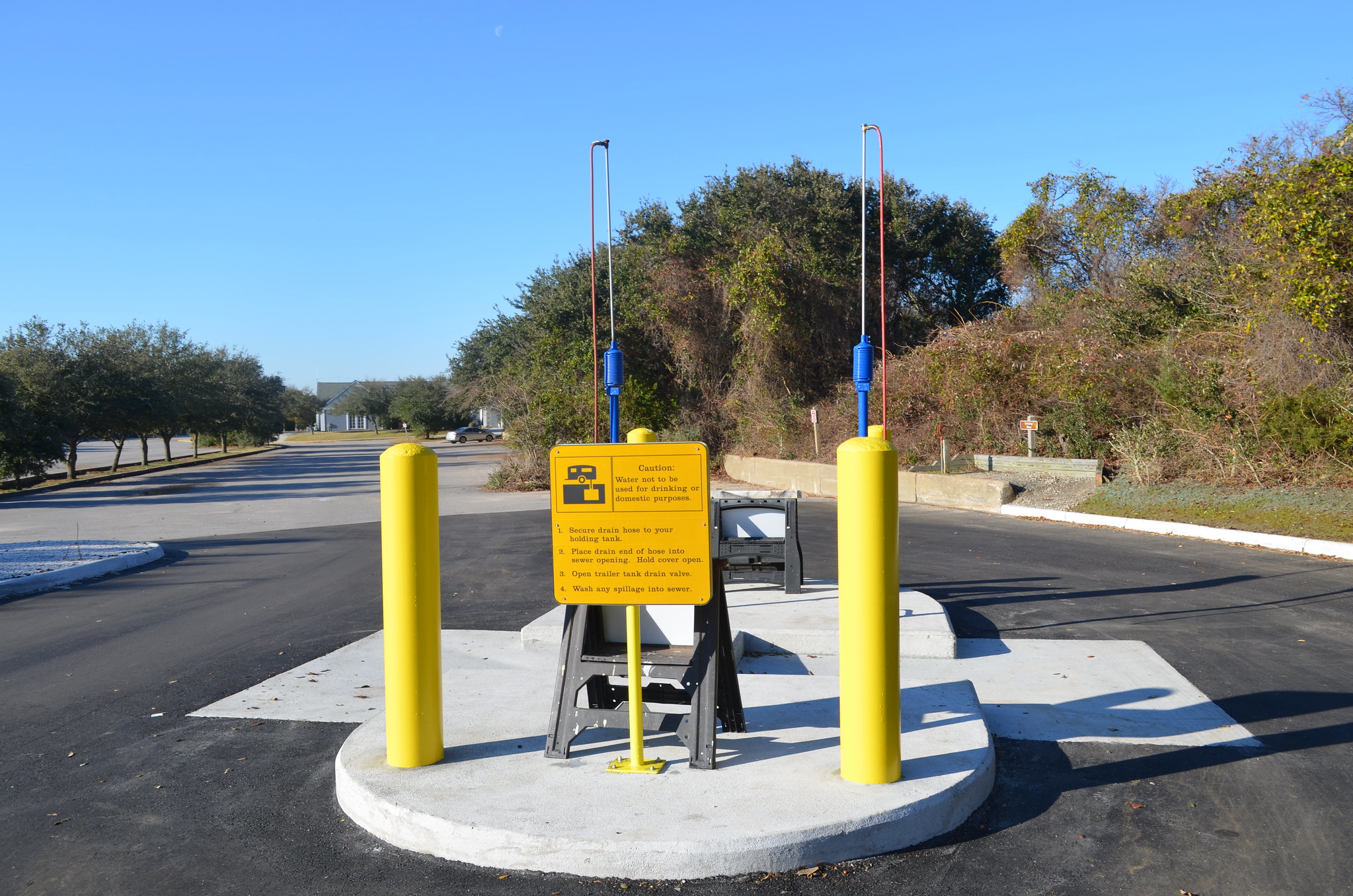
Usually, this is fine. There are plenty of dump stations to use in the many state and national parks scattered across our country. However, the current pandemic has led many of these parks to close, meaning a good number of full-time RVers cannot dump in the places they usually do. What are these people to do?
Fortunately, there are plenty of other places to dump your tanks while the state and national parks are closed. In this article, we will discuss some of your other options and provide you with resources for finding even more dump stations across the US.
Gas stations and travel stops
Sometimes gas stations also offer dumping services. Usually, this option is found at truck stops, but occasionally smaller stations near popular recreational areas will offer dump stations as well. In any case, there is almost always one close enough to be used as a last resort if nothing else.
Since gas stations are some of the only businesses that are considered essential in certain areas during this time, driving a bit to get to your nearest fuel stop with a dump station might very well be your last resort.
Sporting and outdoor stores
Oddly enough, some stores that sell sporting equipment and outdoor gear offer dump stations to the public.
In particular, we know that there are a number of Cabela’s stores that allow the general public to use their dump stations. This is especially handy since these stores also tend to allow overnight stays in their parking lots, making it a one-stop-shop.
Of course, sporting goods stores may or may not be considered essential in your area. Make sure you call ahead and check if they are currently open.
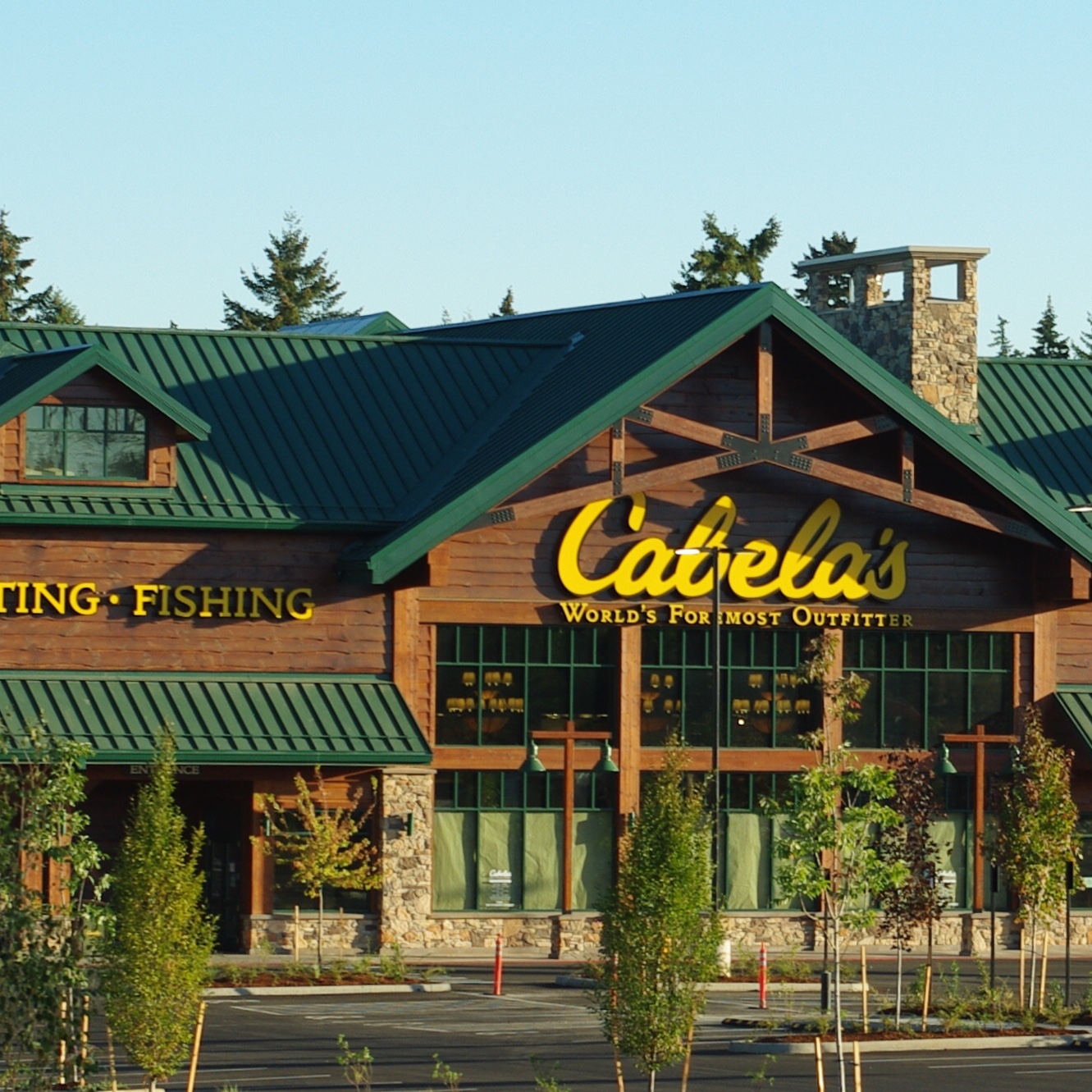
Private RV parks
While most state parks and national parks are closed to campers, there are still some private parks open, and many of these are happy to allow campers in to dump their tanks for a small fee. Some will even allow you to shower or do laundry while there, making this a great option if you’re looking to kill two birds with one stone.
The most up-to-date website regarding what RV parks are open and closed due to COVID-19 is CampgroundReviews.com. There you will find thousands of parks, their contact information, and their current operational status. They have also implemented this important information into the RV LIFE App With GPS as well as on RV LIFE Trip Wizard.
RV dealerships
Because many RV dealerships rent out some of their units, they will often have a place to dump tanks after a rental arrives back on their lot. While these are not always available for public use, there are some dealerships that will let campers use their dumps.
Unfortunately, this isn’t a service the dealerships tend to advertise, so you will need to call in advance to see if you might be able to get rid of your wastewater at a local RV lot, probably for a fee.
It should be noted that in many areas, RV dealerships may not be open right now, as they are not essential businesses. Again, call ahead to be sure.
Home septic tank
If you’re lucky enough to have a septic tank at your own home, or if a nearby friend or family member has one, dumping into that tank is another option.
If you do this, you will want to make sure you aren’t using any chemicals in your tanks, as this can harm the microbes responsible for breaking down the sewage in your septic tank.
In order to dump into your septic tank, simply find a cleanout, open it up, and dump as you usually would. Many people find that these openings are difficult to park near. In that case, you may need a macerator pump to move the wastewater from point A to point B.
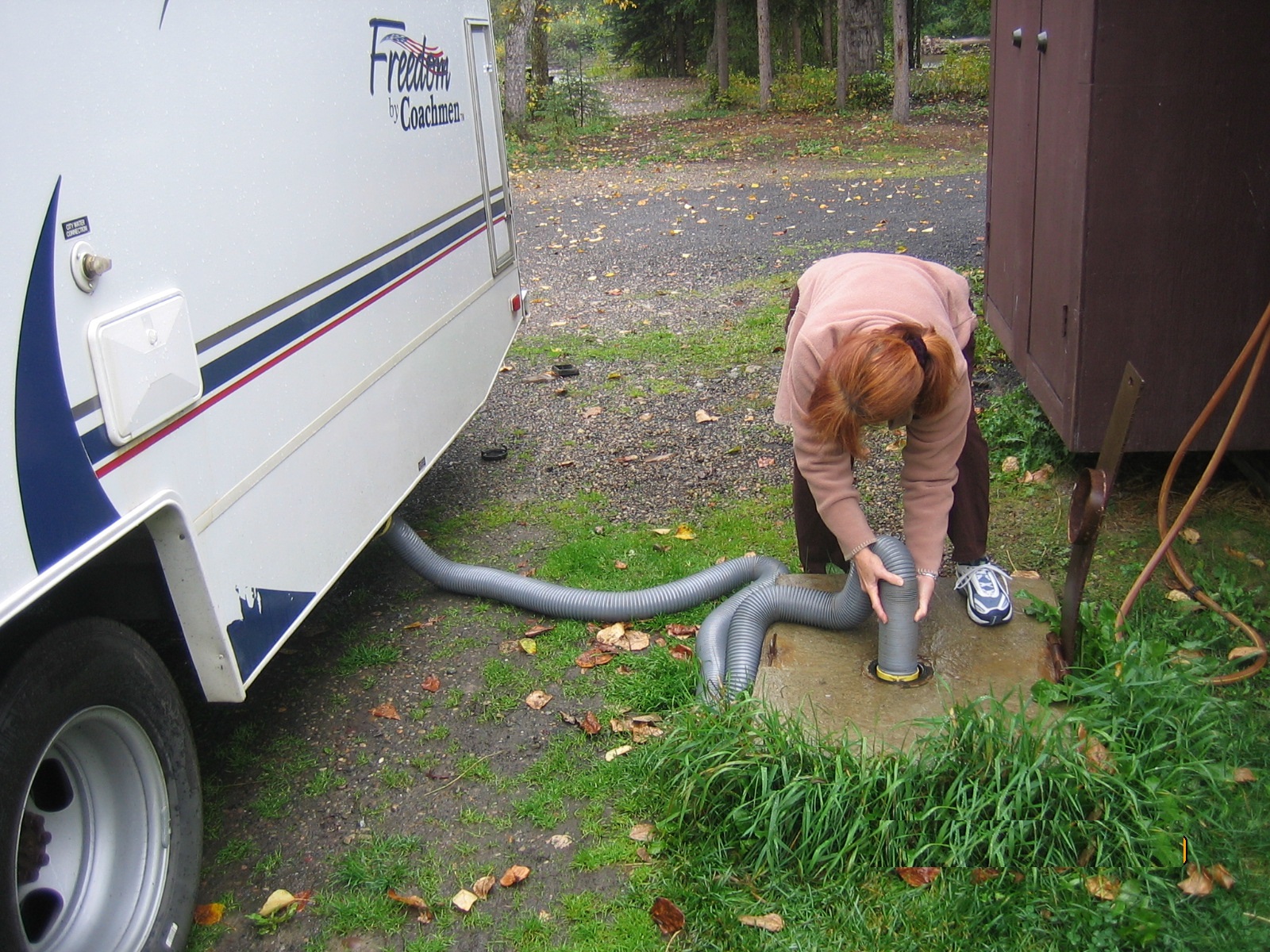
Mandruss, CC BY-SA 3.0, via Wikimedia Commons
How to find other dump stations
None of the above options work for you? Not to worry! There are other choices out there, but you might have to search a bit to find them. For instance, some towns have free dump sites run by the city.
You can easily find dump stations along your route as well as fuel stations, Cabelas, Love’s Travel Stops, Flying Js, and other points of interest on RV LIFE Trip Wizard. The website SaniDumps is also very handy for finding nearby dump stations near your location as well as their fee and whether or not running water is available.
Tips for using dump stations safely
Dumping tanks is never the cleanest job, and since staying healthy is now more important than ever, you will definitely want to take steps to do this in the most sanitary way possible.
Here are our top tips for doing just that:
- Always wear disposable gloves.
- Have a garden hose handy for rinsing both your sewer hose and the station.
- Store this garden hose separately from your freshwater hose.
- Never use your fresh water hose to rinse the sewer hose or dump station.
- Leave the dump station cleaner than you found it.
- Wash your hands and arms after dumping.
RV living has become a little more difficult during this national emergency. Hopefully, you can use these tips and remove “finding dump stations” from your list of worries so you can focus more on keeping yourself safe in your home-on-wheels.

